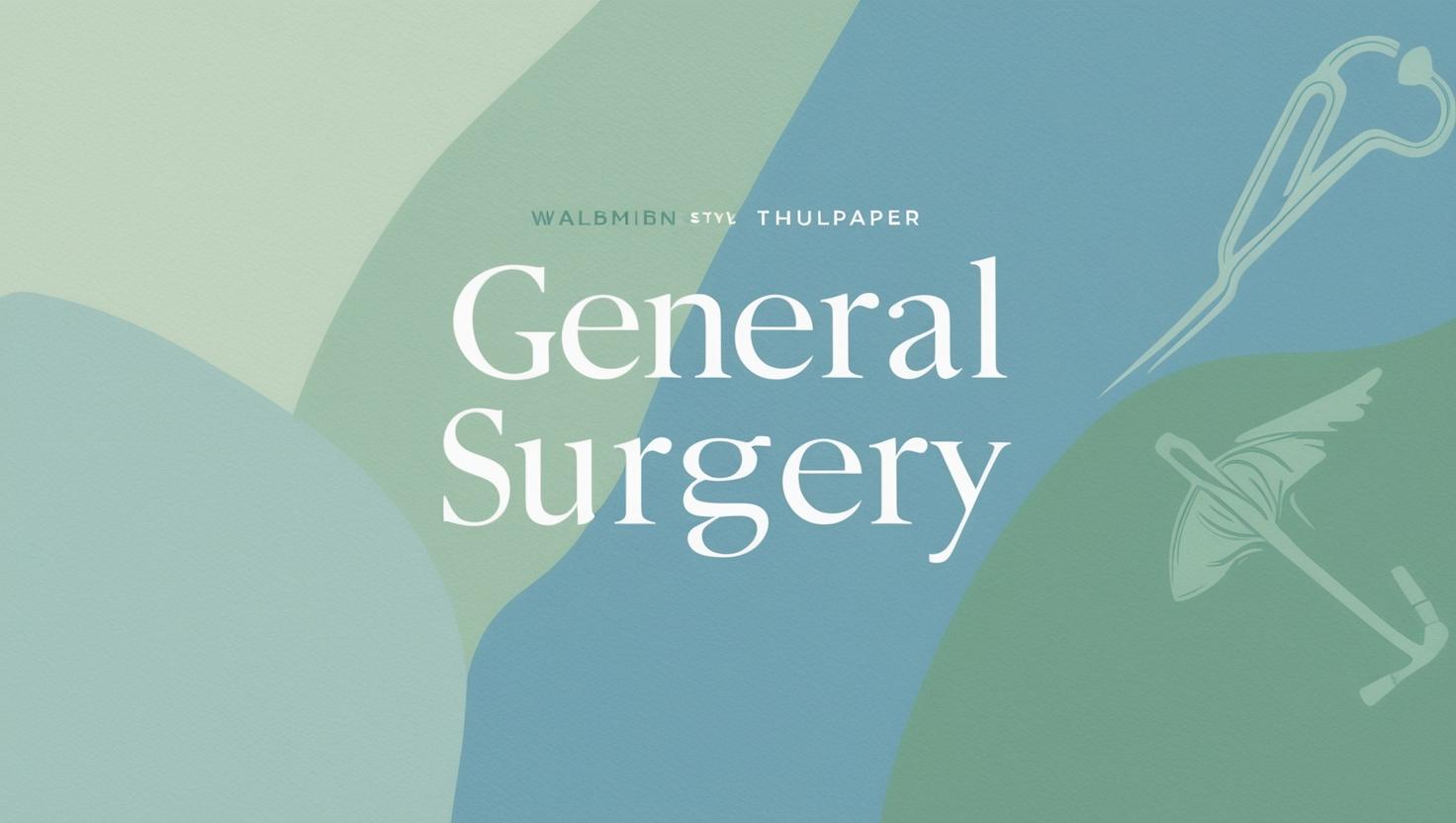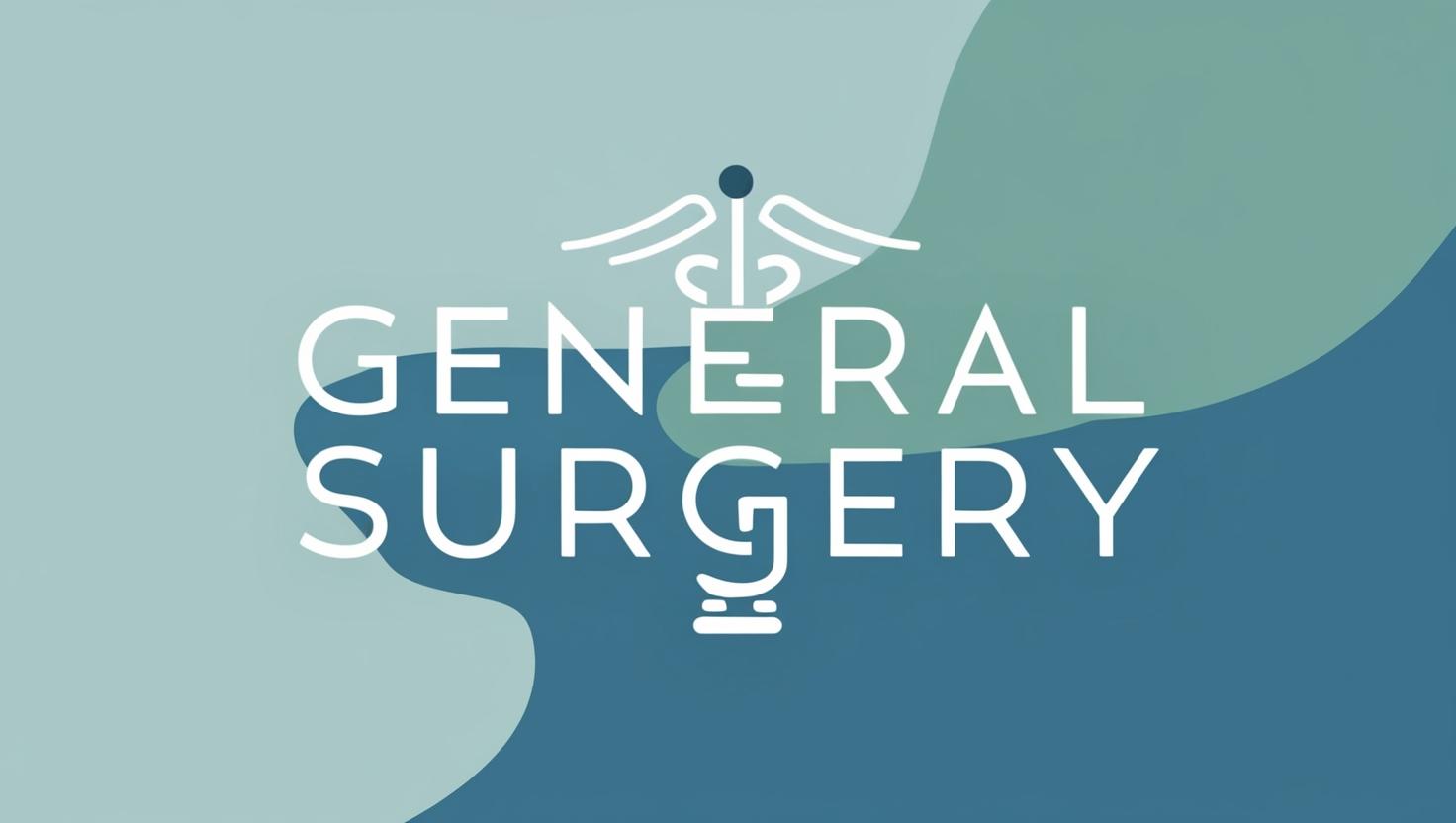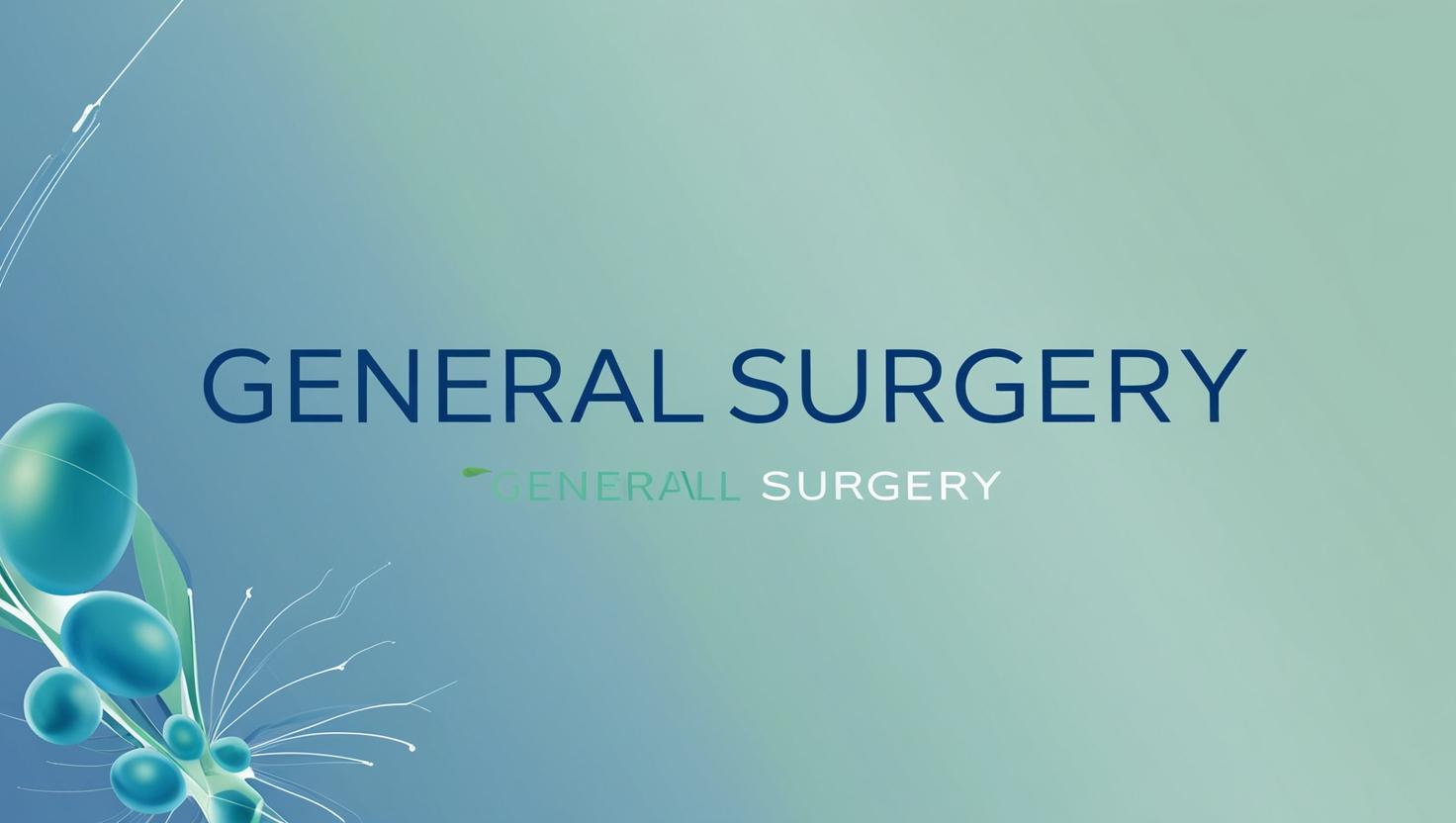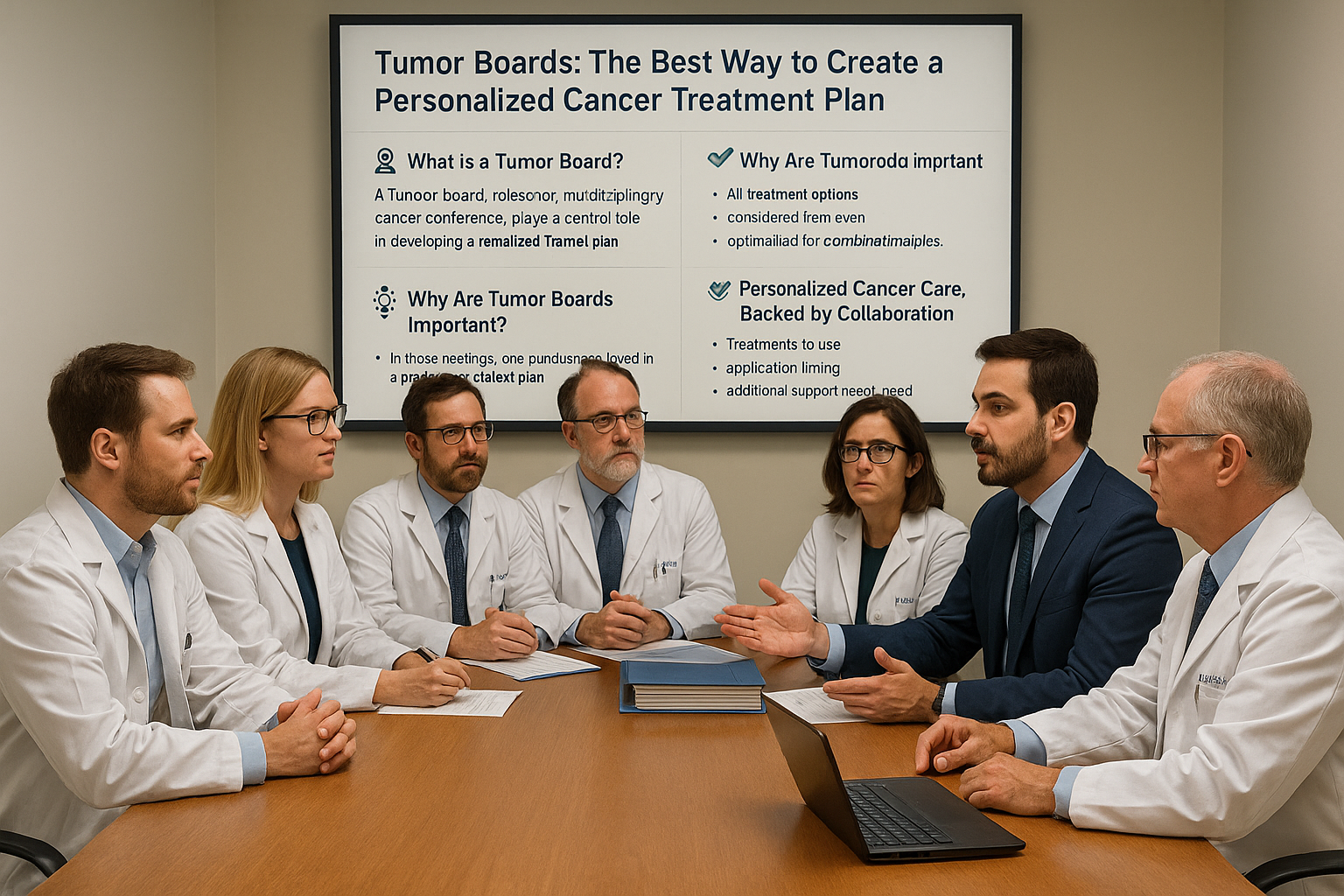Welcome to Your Path to Healing: Comprehensive Ovarian Cancer Care Abroad
Ovarian cancer is one of the most common types of cancer in women, arising from the ovaries where eggs are produced. It is often diagnosed in its later stages, making early detection and access to advanced treatment crucial. With health tourism, patients can access state-of-the-art medical technologies, expert care, and world-renowned specialists in leading hospitals around the globe. This brochure provides comprehensive information on ovarian cancer treatment options, including robotic surgery and post-surgery oncological care.
What is Ovarian Cancer?
Ovarian cancer occurs when abnormal cells in the ovaries begin to grow uncontrollably. These cancerous cells can form a tumor that spreads to other parts of the body. Ovarian cancer is often diagnosed at later stages due to the subtle nature of its early symptoms, which may include:
-
Abdominal bloating or swelling
-
Pain or pressure in the pelvic area
-
Changes in bowel or urinary habits
-
Loss of appetite or feeling full quickly
-
Unexplained weight loss or gain
Early detection and prompt treatment are key to improving survival rates. Regular screening and awareness of symptoms can help in early diagnosis.
Ovarian Cancer Treatment Options
Ovarian cancer treatment typically involves a combination of surgery, chemotherapy, and in some cases, targeted therapies. The treatment plan depends on the cancer stage, type, and the patient’s overall health.
-
Surgical Treatment:
-
Cytoreductive Surgery: The primary treatment for ovarian cancer is surgery to remove the tumor, affected ovaries, fallopian tubes, and, if necessary, other tissues such as the uterus and nearby lymph nodes.
-
Laparoscopic (Minimally Invasive) Surgery: A less invasive approach to remove smaller tumors, offering quicker recovery times and less postoperative discomfort.
-
-
Chemotherapy:
- Following surgery, chemotherapy is commonly used to kill any remaining cancer cells and reduce the risk of recurrence. Chemotherapy drugs are often administered intravenously or directly into the abdominal cavity to target ovarian cancer cells.
-
Targeted Therapy and Immunotherapy:
- Targeted therapy uses drugs that target specific cancer cells without affecting normal cells. Immunotherapy may also be considered in certain cases, helping the body’s immune system fight cancer cells.
-
Radiation Therapy:
- Although not commonly used for ovarian cancer, radiation therapy may be considered for localized treatment or in cases of cancer spread to other areas.
Robotic Surgery: Cutting-edge Treatment for Ovarian Cancer
Robotic-assisted surgery represents a significant advancement in ovarian cancer treatment. Utilizing the da Vinci® Surgical System, robotic surgery allows for more precise, minimally invasive procedures that can improve outcomes and reduce recovery times.
Benefits of Robotic Surgery for Ovarian Cancer:
-
Minimally Invasive: Small incisions are made for the robotic instruments, leading to less scarring, reduced risk of infection, and faster recovery.
-
Enhanced Precision: The robot provides the surgeon with magnified 3D views of the surgical area, enabling better precision when removing tumors or affected tissues.
-
Faster Recovery: Patients experience less post-surgical pain and a shorter hospital stay compared to traditional surgery.
-
Reduced Blood Loss: Robotic surgery minimizes trauma to surrounding tissues, which can result in less bleeding during the procedure.
-
Improved Esthetic Outcomes: Smaller incisions improve the cosmetic outcome post-surgery.
Step-by-step Treatment Journey
- Patients who travel to our country for treatment are admitted to the hospital one day prior to their scheduled surgery.
- Comprehensive information regarding both pre-operative and post-operative planning is provided directly by the attending physician and clinical nursing staff.
- Pathology results are typically available within one week. Patients are informed of any additional treatment options, such as chemotherapy, immunotherapy, or targeted therapies, that may be required.
- The hospital stay typically lasts 5 to 7 days. Following discharge, patients stay an additional 7 days at a hotel arranged by our health tourism agency. After a follow-up consultation, patients with no complications are cleared to return to their home countries by air.
Oncologic Follow-Up: Essential for Long-Term Health
Post-treatment follow-up is crucial for ensuring the cancer has been effectively treated and for monitoring any recurrence. Long-term follow-up care often involves regular testing and screenings, along with management of any side effects from treatments.
Key Elements of Ovarian Cancer Follow-Up Care:
-
Surveillance Imaging: CT scans, ultrasounds, or MRI scans are regularly performed to detect any signs of recurrence.
-
Blood Tests: The CA-125 blood test is commonly used to monitor ovarian cancer, as elevated levels can indicate cancer recurrence.
-
Chemotherapy or Maintenance Treatment: Depending on the individual’s case, ongoing chemotherapy or other maintenance therapies may be recommended to keep the cancer in check.
-
Psychosocial Support: Support groups and counseling services can help patients cope with the emotional and psychological impacts of cancer treatment.
Why Choose Health Tourism for Ovarian Cancer Treatment?
Health tourism offers patients the opportunity to receive high-quality care, access to advanced technology, and expertise in ovarian cancer treatment at a fraction of the cost of healthcare in some countries. The advantages of seeking treatment abroad include:
-
World-Class Medical Facilities: Access to internationally accredited hospitals and clinics that specialize in ovarian cancer treatment.
-
Expert Oncologists: Leading cancer specialists who provide personalized care and treatment plans tailored to the patient’s needs.
-
Cutting-edge Robotic Surgery: The latest in minimally invasive robotic surgery, offering improved outcomes and quicker recovery times.
-
Comprehensive Care: From diagnosis through treatment and follow-up, health tourism ensures you receive complete and continuous care.
-
Cost Savings: High-quality care and treatment at more affordable prices compared to healthcare costs in other countries.
-
No Waiting Lists: Immediate access to treatments and procedures, avoiding delays that may occur in some countries’ healthcare systems.
The Health Tourism Process: Your Journey to Recovery
-
Initial Consultation:
Start with a consultation with our oncologists. You will have a thorough evaluation of your condition and a customized treatment plan will be developed. -
Personalized Treatment Plan:
Based on your diagnosis, your treatment will include robotic surgery, chemotherapy, and other advanced treatments. -
Robotic Surgery:
Under the guidance of a highly skilled surgical team, robotic surgery is performed for tumor removal, offering precise and effective treatment. -
Post-Surgery Recovery and Follow-Up:
After surgery, you will be closely monitored with imaging tests and blood work to ensure the cancer is under control. Long-term follow-up will be arranged for continued care. -
Support Throughout the Journey:
You will receive continuous support from a dedicated health tourism coordinator, ensuring your treatment process is seamless, and that you have access to the care you need.
Contact Us for More Information
If you are considering seeking treatment abroad for ovarian cancer, our team is ready to help guide you through every step of the process. Contact us to learn more about our services and to arrange your treatment.
Take the First Step Toward Healing
Ovarian cancer treatment, when addressed early and with advanced medical care, offers a high chance of recovery and improved quality of life. Health tourism enables patients to access cutting-edge treatments, expert specialists, and comprehensive care that can help you regain your health and well-being.
We look forward to helping you on your path to recovery.
This brochure can be customized according to the specific services and contact information of the medical center offering ovarian cancer treatment.





